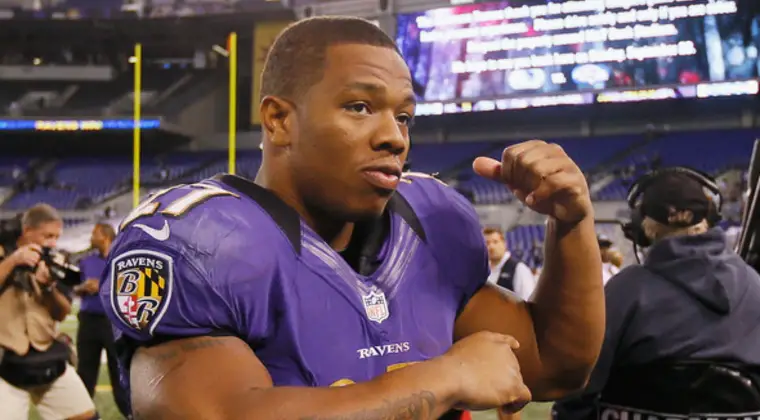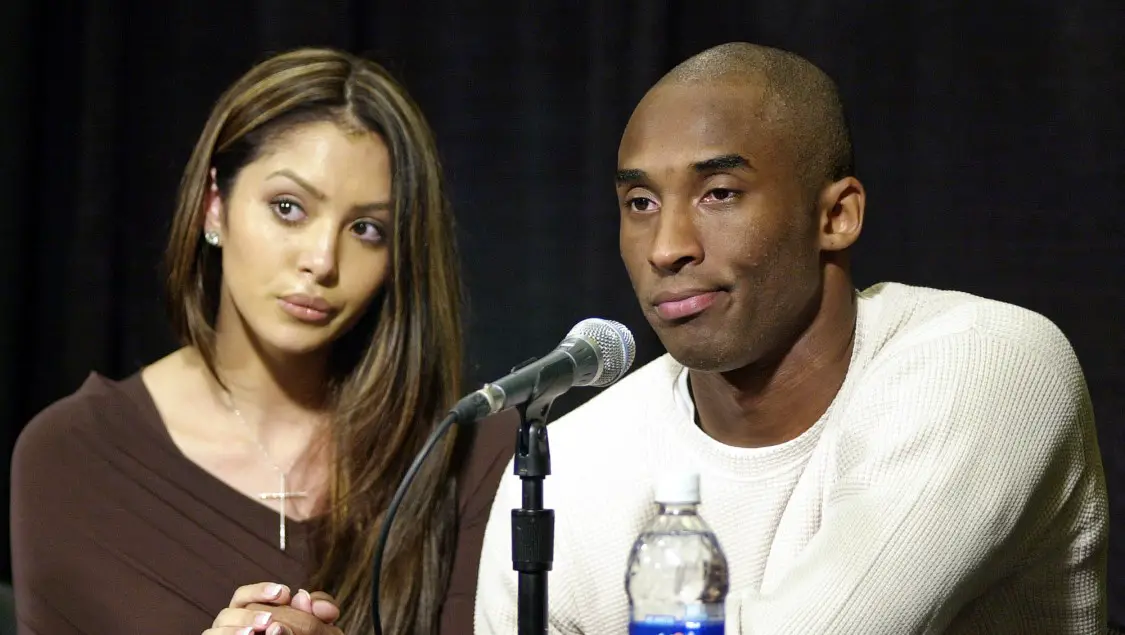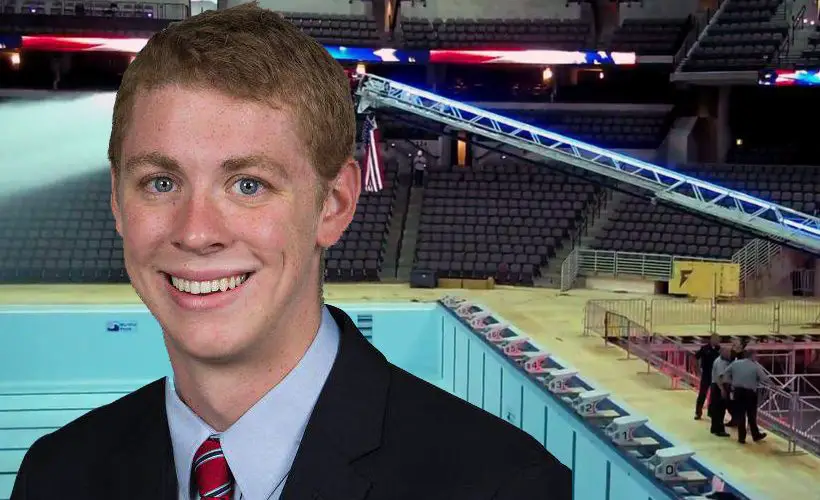Changing the Rules of the Game
Emboldened by a history of lax discipline, athletes often think they live in a world free of consequences.
By Lauren Grimaldi, Roosevelt University
Sports excite us.
They break our hearts, make our days and give us pride in our school or city. The people who play for our teams are treasured, oftentimes to the extent that we fail to see them as humans. And so, when they are accused of crimes, especially heinous, violent acts, it is hard to accept the idea that someone we worship may not be the good person we think that they are.
Between the cases of ex-Stanford swimmer Brock Turner and the extenuating circumstances at Baylor University, it seems as if we have reached a point at which athleticism trumps morality. Many think that because someone is a tremendous athlete, they are incapable of doing anything wrong.
Instances of this backwards train of thought aren’t limited to college either: All four major sports leagues, the NFL, NHL, MLB and NBA, have all seen their players be accused of horrendous acts, most times against women. While the MLB’s reaction to these crimes has been the least lenient, the responses to these acts—even when the players’ guilt is proven—have been insufficient, and their insufficiency perpetuates the idea that gifted athletes can get away with wrong doing.
Of course, accusations can be inaccurate, and innocent until proven guilty stands as the basis for criminal investigations in the United States. But, when the athletes who bring us so much happiness may have done something wrong, it’s hard not to feel strange the next time they score a goal or hit a home run.
Cases of sexual assault and domestic violence often induce defensive reactions—but those who react antagonistically are missing the point. Your favorite athlete may not be the perfect person you think they are. In fact, you do not even really know them. Loving the people who play for your favorite team is completely understandable, but their prowess as an athlete does not ensure that they are a good person, let alone incapable of doing wrong. It should make us uncomfortable to root for someone who may have committed a heinous act. Unfortunately, not everyone sees it that way.
To make matters worse, sports stars that are accused of crimes are often able to escape with a lesser punishment than if they were a non-famous person. Money is of course a critical factor in these cases, but players’ stardom, and the public backlash their victims receive at the hands of that stardom, often discourage them from defending themselves. The leagues they play for are less than quick to condemn their acts, especially if the accused is a star player.
In a perverse instance of crowd-sourced marginalization, victims are often cowed into submission by their assaulter’s loudly trumpeted public support. It’s no secret that rape culture can only persist because the reaction to women who accuse men of sexual assault is so negative that it discourages them from coming forward forward.
Recently, an article written for Think Progress profiled the Kobe Bryant sexual assault case.
The five-time NBA Champion recently retired to much acclaim, though his 2003 sexual assault case was never mentioned as a part of his career.
Rather, people focused on his ability to play basketball well, allowing his talent on the hardwood to stand-in for a working moral compass.
In fact, Bryant has admitted to having sexual contact with his accuser. However, he believed it was consensual. The incident itself lasted five minutes and the accuser left his hotel room bloody and disheveled. Despite much evidence against him, Bryant was not charged with the crime. He went on to have a fantastic career, winning two more titles and retiring as the NBA’s third all-time scorer.
Kobe Bryant’s case resulted in some of the worst victim blaming ever seen. Because his accuser had agreed to go to Bryant’s room, many seemed to call foul on her allegations of assault. This is common in many sexual assault cases as the question “What was the woman wearing?” is often asked before “What actually happened here?”
Perhaps the most well known recent case is of former Baltimore Ravens player Ray Rice.
 It is an understatement to say that his case was improperly handled by the team and the league. Video surfaced of Rice punching his wife in the face in an elevator, and it still took time for him to be suspended from the league. While he has not played an NFL game since 2014, the Ravens recently brought him into their rookie camp to teach the team’s newest players about “life lessons.”
It is an understatement to say that his case was improperly handled by the team and the league. Video surfaced of Rice punching his wife in the face in an elevator, and it still took time for him to be suspended from the league. While he has not played an NFL game since 2014, the Ravens recently brought him into their rookie camp to teach the team’s newest players about “life lessons.”
Maybe Rice has learned from his mistakes and is a better man for of it. Good for him if that is true. But imagine what it says to victims of domestic assault across the country that Rice has once again been brought back into the fold.
In fairness, we have seen a woman accused of domestic violence receive the same leniency as her male counterparts. Soccer star Hope Solo was accused of abusing her sister and 17-year old nephew. As she faced her court battle, the soccer league did nothing to discipline her. They even encouraged her to continue to play as she worked toward a shutout record. Though the majority of athletes who have been accused of violent crimes have been male, it is worth mentioning that prominent female athletes seem to receive similarly lax discipline.
Though most people who commit crimes will not be fired unless their offense interferes with their work directly, athletes are different. Kids aspire to be just like them, meaning that these superstars get paid tons of money for not only their talent, but for what they represent. It should mean something to athletes to have people looking up to them. When they cannot act with the integrity they should, they deserve to be suspended until the legal proceedings play out. Accusations can be proven wrong, but case after case of athletes doing wrong have been met with near-impunity. If we teach our children to look up to their favorite athletes, it shouldn’t just be because of their talents on the field.
Violence from these individuals cannot be excused; leagues need to act faster to respond to these accusations. Innocent until proven guilty still stands, but it is important to realize it is not right to continue to cheer on someone who may have committed a heinous act.











